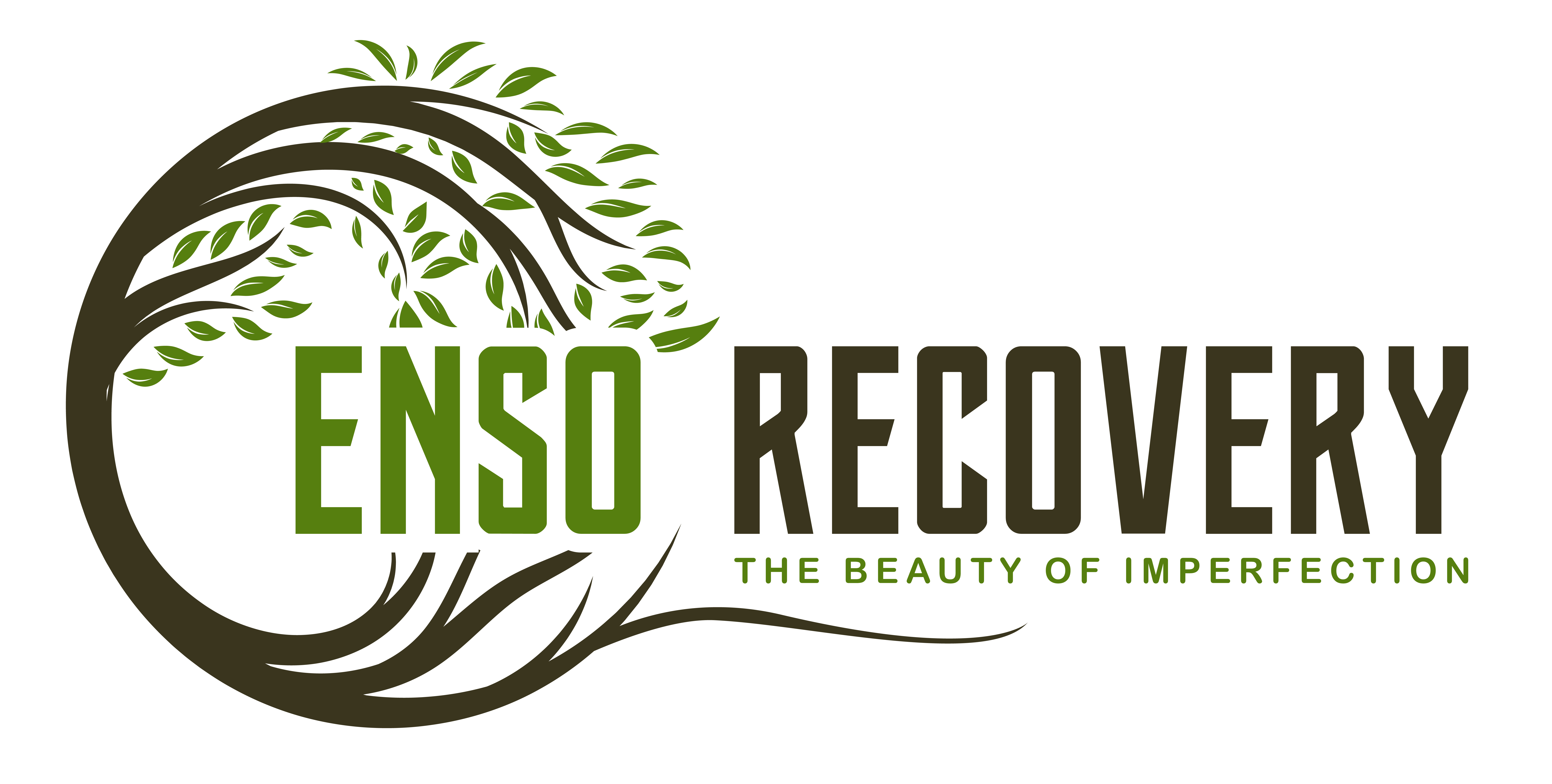If you or a loved one in Maine is considering medical detox, you’ve already taken a smart first step. Detox stabilizes the body so you can engage fully in treatment. This guide explains how detox works in Maine, who needs it, what the first 72 hours usually look like, which medications clinicians use, how MaineCare and insurance factor in, and how ENSO Recovery helps you access detox and continue care through intensive outpatient programs, medication-assisted treatment, and recovery residences in Augusta and Sanford.
What Medical Detox Is & Isn’t
Medical detox is a short, clinically supervised process that manages acute withdrawal from alcohol, opioids, benzodiazepines, and other substances. Teams monitor vitals, prevent complications, and use medications when appropriate. Detox alone is not treatment, it’s the bridge to therapy and ongoing care. National guidance like SAMHSA’s TIP 45 on detoxification and the ASAM Alcohol Withdrawal Management guideline emphasize moving directly from withdrawal management into structured treatment.
Who Typically Needs Detox
You’re more likely to need inpatient or hospital-based detox if you have a history of complicated withdrawal (seizures, delirium tremens), heavy daily alcohol or benzodiazepine use, significant medical conditions, pregnancy, or polysubstance use. People with opioid dependence may detox with medications and transition to maintenance treatment. If you’re unsure, start with a quick call. Our team can help you determine fit and next steps via our contact form.
Detox Settings Available In Maine
Hospital-based units offer 24/7 medical oversight and immediate access to specialty care when needed. Standalone detox facilities focus on withdrawal management and step-down planning. In crises, emergency departments can stabilize and refer. Maine’s Office of Behavioral Health (OBH), 211 Maine, and the federal FindTreatment.gov locator can help you identify licensed programs statewide.
Medications Used During Detox
Opioids. Clinicians often use buprenorphine or methadone to relieve withdrawal, with the option of extended-release naltrexone after a full opioid-free interval. See NIDA’s overview of medications for opioid use disorder.
Alcohol. Teams follow symptom-driven protocols to prevent severe withdrawal and may discuss relapse-prevention medications (naltrexone, acamprosate, or disulfiram) once stabilized. For background, review NIAAA’s guide to medications for alcohol use disorder.
Benzodiazepines, stimulants, and polysubstance use. Plans are individualized with careful monitoring, sleep and nutrition support, and management of anxiety or depression symptoms.
The First 72 Hours: What To Expect
Admission begins with a medical and psychosocial assessment, including labs as indicated. You’ll receive a withdrawal plan and regular monitoring to adjust medications for comfort and safety. Hydration, nutrition, and sleep support are part of the protocol. As symptoms ease, staff prepare you for treatment. This may include handling paperwork, insurance coordination, and a warm handoff to your next level of care.

After Detox: How ENSO Recovery Continues The Momentum
Detox starts recovery; ongoing treatment sustains it. ENSO Recovery provides post-detox care in Augusta and Sanford with a continuum that can include:
Medication-Assisted Treatment (MAT). We offer outpatient MAT and coordinate prescribing for buprenorphine or naltrexone alongside counseling. Learn how MAT works in our programs: How MAT Works in an Outpatient Setting and Does MaineCare Pay for MAT?
Intensive Outpatient Program (IOP) and Outpatient Therapy. Structured group and individual therapy, skills practice, relapse-prevention planning, and mental health support. See our perspective on IOP in rural Maine and our multi-level approach.
Recovery Residences. MARR-certified homes that support early recovery and integrate with outpatient treatment. Read about the role of recovery residences and sober living in Maine.
Insurance, MaineCare & Paying For Detox And Treatment
Coverage varies by plan and setting. Our admissions team helps verify benefits and explain costs for detox referrals and step-down care. For a primer, see our article on insurance and financial options in Maine. If you have MaineCare, review Maine DHHS details for pharmacy and MOUD policies, including buprenorphine coverage, via MaineCare Pharmacy Services.
Safety, Naloxone & Maine’s Good Samaritan Law
Keep naloxone in your home and teach family members how to use it. The CDC explains when and how to administer it: Lifesaving Naloxone. If you suspect an overdose, call 911. Maine’s Good Samaritan law offers protections for people seeking help during a suspected drug-related overdose—see the current statute, Title 17-A §1111-B.
How To Find A Detox Bed In Maine
Call ENSO Recovery. We’ll help you navigate options quickly and plan a warm handoff into treatment. Start here: Contact Us.
Use State Resources. Maine DHHS’ Substance Use Disorder Services and AccessMaine list supports statewide, including the 211 Maine hotline for referrals 24/7. Maine’s OPTIONS initiative provides county-based outreach to connect people to treatment and distribute naloxone.
FindTreatment.gov. Filter by “detox” or “inpatient hospital services” and sort by distance to compare programs across Maine and neighboring states: FindTreatment.gov.
Detox vs. Treatment: Why The Sequence Matters
Detox clears the fog so you can benefit from therapy, medications, and recovery supports. Outcomes improve when you move directly into a structured program. At ENSO, we coordinate that transition from day one and line up appointments, transportation options, and housing as needed in Augusta or Sanford.
Special Considerations
Co-Occurring Mental Health. Depression, anxiety, PTSD, or bipolar symptoms often intensify during withdrawal. We coordinate with prescribers and integrate mental health counseling into your plan after detox.
Pregnancy. Detox and MOUD decisions during pregnancy require specialized care and careful monitoring. We help you connect with programs that follow best-practice guidelines and coordinate prenatal care.
Coming From Jail Or Court. Planning MAT before release reduces overdose risk. Learn how we support justice-involved Mainers: ENSO Recovery and Maine’s diversion programs.
A Day In Early Treatment After Detox
Your schedule centers on stabilization, therapy, and practical skills. Morning check-ins and medications (if prescribed) set the tone. Midday groups cover relapse prevention, coping skills, and goal setting. Afternoon individual sessions and case management services address housing, work or school, transportation, and benefits. Evenings are for recovery meetings, family time, and sleep.
Getting Started Today
Call 207-245-1800 or message admissions. We’ll review your history, discuss detox indications, verify benefits, and line up placement and step-down care. If you need to stay close to home, our Locations We Serve page highlights how we support communities across Maine.
Helpful Addiction Resources For Maine Residents
SAMHSA TIP 45: Detoxification and Substance Abuse Treatment
ASAM Alcohol Withdrawal Management Guideline
NIDA: Medications for Opioid Use Disorder
NIAAA: Medications for Alcohol Use Disorder
Maine DHHS: Office of Behavioral Health • 211 Maine: Substance Use • FindTreatment.gov
Maine Good Samaritan Overdose Law (17-A §1111-B)
This article is informational and not a substitute for medical advice. If you or someone you love is in immediate danger, call 911. For mental health or substance-related crises, call or text 988. Maine Crisis Line: 888-568-1112.
